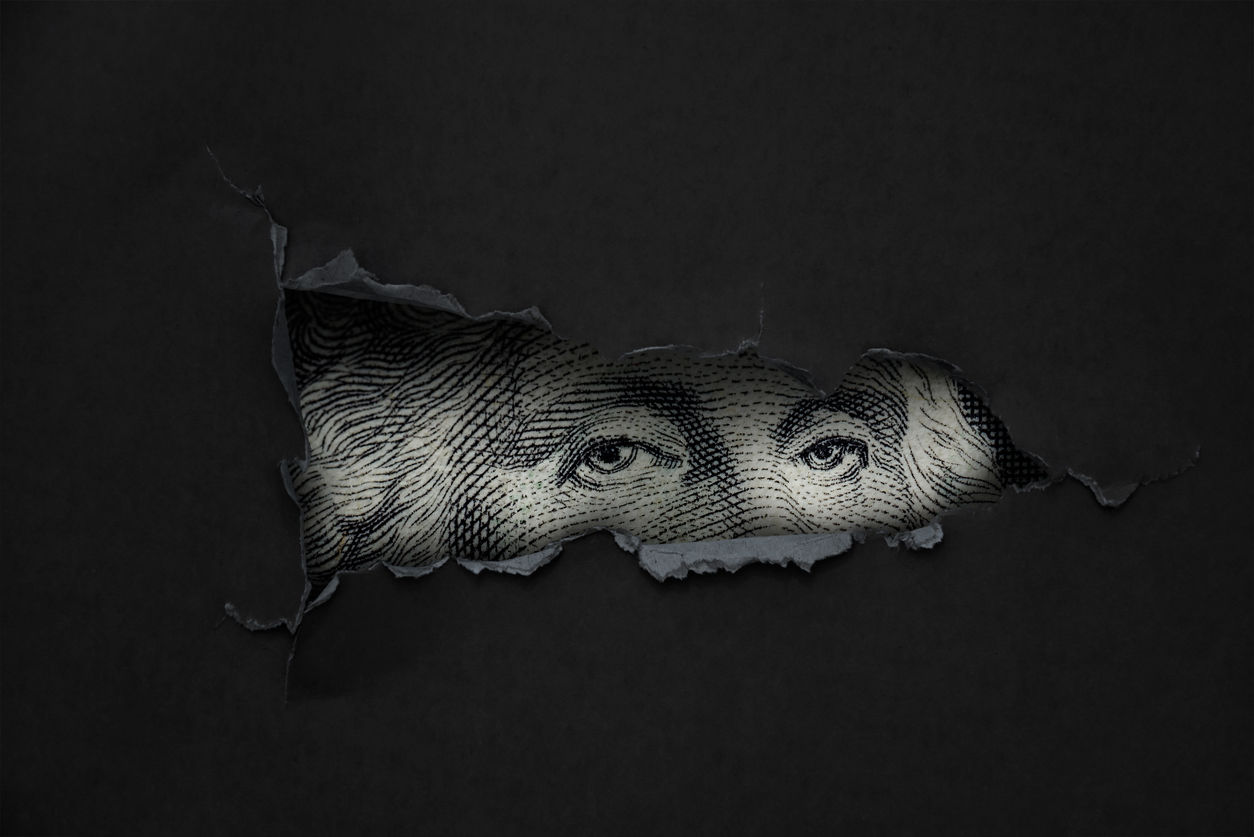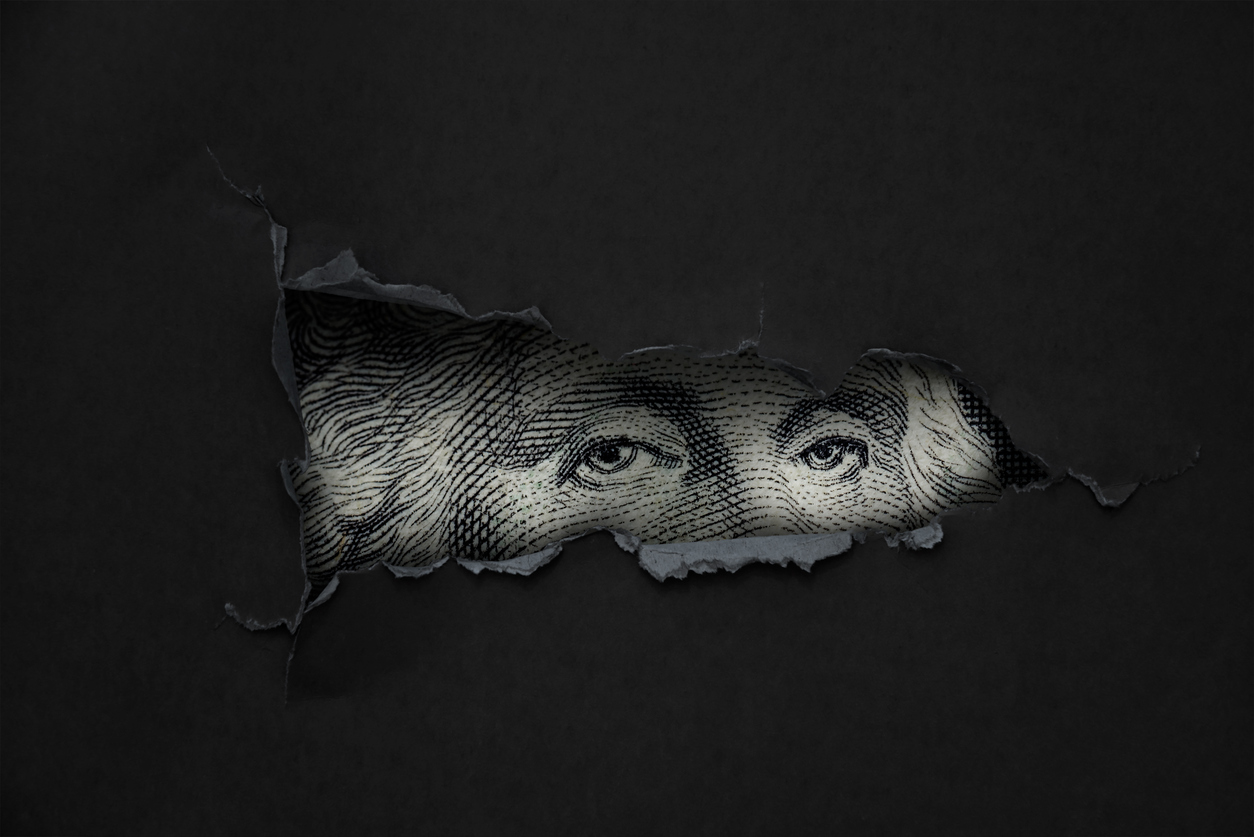BIDLACK | ‘Dark’ money betrays voters, undermines democracy


Regardless of your political point of view, there are important lessons to be learned from the recent election. There were things that Democrats could crow about, and things in which Republicans could take satisfaction. Once again, the voters made their voices heard, but the result was a bit of a cacophony of both parallel and orthogonal noise.
Earlier this week, I wrote on the low turnout and mixed messages and pondered how we got to this point in election politics. Happily, or rather, unhappily, a great article in Colorado Politics looked at the defeat of Prop CC as an example, and importantly, looked at the dark money behind both sides of this initiative.
Ace reporters Evan Wyloge and Marianne Goodland looked at the money that funded the advertising that tried to sway voters one way or another on CC. Here’s the problem – way, way too much of the money, on both sides, was dark money. That is to say, we have no idea who was funding this important public policy question, and that’s not only not good, it’s not really very American.
We have a fundamental principle of free speech here, and I’m a big fan. I call myself a “Hugo Black absolutist” (he’s worth looking up, if you don’t know the name), and I argue that nearly every bit of speech is legal, unless it presents, as Courts have explained, a clear and present danger. I therefore have absolutely no problem with the groups on both sides of CC spending money to communicate, though I admit that I’m not a big fan of Citizens United, the Supreme Court case that basically said money is speech, and opened the door to the dark money epidemic.
So, what is dark money? Well, it would be a good name for a band, but here we are talking about unknown people creating astroturf organizations (groups that try to look “grass roots,” but are actually run by professional political people, hence “astroturf”) with wonderful names like Citizens for Good Stuff, and Hurray for Puppies. How can those groups possibly be doing anything wrong?
Well, in the case of CC, the anti-CC groups had names like “Americans for Prosperity” (heck, I’m for prosperity, and I’m an American), Defend Colorado, and others. The pro-CC folks were Strategic Victory Fund and Education Reform Now. What traits run through all these groups?
None of them will tell you from whom they get their money.
We know, from past experience, that Americans for Prosperity is the creation of David Koch of Koch Industries – a group that works from the far right of the political spectrum. Strategic Victory Fund seems to be related to teachers’ organizations in North Carolina.
Now, to be clear: these folks can spend their money on political ads all they want, because, you know, free speech. But an equally fundamental principle to free speech is that you are not free from the consequences of your speech. If you, say, work for Sears, and you write a letter to the editor about how bad Sears is to work for, well, you have the right to say that, but you may well get fired.
Is it so unreasonable to require dark money organizations, across the entire political spectrum, to disclose their donors? It might be meaningful, for example, to see if the groups that were against CC were funded by thousands of concerned Coloradans or by three rich guys? If we are swayed by political advertisements, doesn’t it make sense to know by whom we are being influenced? As you’ll see in the article noted above, there were donors that gave individually, and their names were duly recorded and publicly reported. Unfortunately, however, 96% of the anti-CC money came from dark sources. The pro CC-people raised much more, but were more transparent though not completely so.
One governing principle I try to guide my thinking by is that our politics should be run in a manner that is fair and visible, for everyone involved. In the case of dark money, we are wise to recall the admonition of the late federal judge Damon Keith, who wrote, in an opinion dealing with the deporting of Arab and Muslim immigrants in secret court proceedings after 9/11, democracy dies in the dark.
Dark money, I posit, is equally cursed.
Hal Bidlack is a retired professor of political science and a retired Air Force lieutenant colonel who taught more than 17 years at the U.S. Air Force Academy in Colorado Springs.














